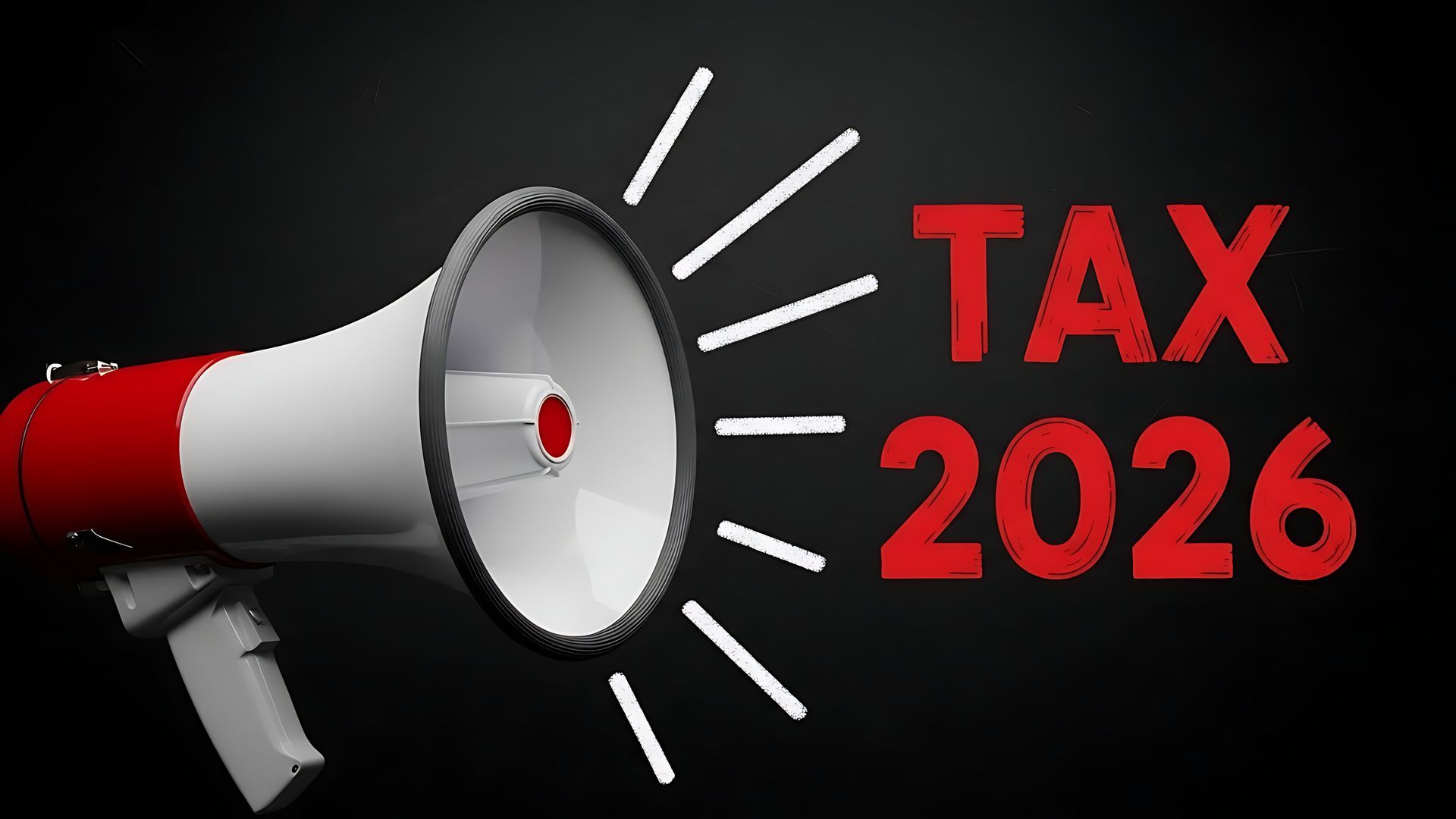What Are the Fees and Services for Personal Income Tax Preparation?

How much professional tax preparation costs can vary significantly depending on the complexity of your income sources, deductions and credits. There’s a difference between a straightforward, single-income standard deduction tax filing and a Schedule A tax filing that requires itemizing a host of deductions and accurately calculating all the deductible expenses according to proper IRS tax preparation procedures.
The Most Important Factor: Which of the Two Types of Tax Preparation Do You Need?
The type of deduction you take will have the greatest impact on the total cost of your income tax preparation. These two types of deductions are:
Standard Deduction
If your income is straightforward and you don’t have a lot of deductible expenses, you’ll typically take the standard deduction. Filing taxes using the standard deduction is exceedingly fast and typically can be done online with a low-cost DIY tax preparation platform. In most cases, people who use the standard deduction just need to file a single Form 1040 and sometimes a Form 1099 for dividend income.
Some filers who take the standard deduction may potentially be eligible for some itemized deductions, but the total value of those deductions may not exceed the standard deduction value – in which case, just taking the standard deduction is the way to go.
Itemized Deduction
Things get more complicated once you begin itemizing deductions. You would typically choose this tax preparation route if the value of all your deductions combined exceeds the standard deduction. Some examples of common deductions include those related to charitable contributions, property taxes, mortgage interest payments and medical expenses.
Tax filers can’t take the standardized deduction plus a handful of itemized deductions – you must choose one or the other. Some tax filers might choose the standard deduction most years but decide to itemize after a year with particularly high out-of-pocket medical costs or charitable contributions.
How Can I Tell If I Should Itemize or Just Take the Standard Deduction?
The first thing you’ll want to look up is what the standard deduction amount is for the current year (it changes regularly). This can be easily found on the IRS website or through a quick search online. For 2023, the standard deduction is:
- Single or Married Filing Separately: $13,850
- Married Filing Jointly: $27,700
- Head of Household: $20,800
Next, you’ll want to loosely calculate your potential deductible expenses to see if their total value is potentially higher than whichever of those standard deductions apply to you. The cap for state and local tax deductions is $10,000 for married filing jointly and $5,000 for married filing separately or single. The mortgage interest deduction only applies to the first $750,000 of indebtedness, and qualifying medical expenses are those that are over 7.5 percent of your adjusted gross income.
Other expenses, like losses from a disaster, should also be included in your calculation.
There are potential long-term factors to consider as well, such as whether your current deductions are a single-year event or whether those expenses are recurring. Whether you should take the deductions this year may depend on whether you suspect your income will increase significantly in coming years or if you suspect you may incur similar or higher deductible expenses in following years.
How you can best maximize the impact of itemized deductions can vary depending on your unique circumstances. If you’re not sure, it might be best to consult with an experienced personal income tax preparer.
How Expensive Will It Be to Work With a Professional Income Tax Preparer?
The number of itemized deductions you qualify for may make a difference in the cost of professional tax preparation, but the variety of forms or schedules is truly the biggest influence on eventual price. If you have self-employment income (Schedule C), investment income (Schedule D), rental property income (Schedule E), own a business or part of a business via a partnership (potentially Forms 1065, 1120 or 1120S) and qualify for the Earned Income Tax Credit (Schedule EIC) or the education expenses tax credit (Form 8863), the filing process can be extremely convoluted.
Some of your deductions may also be reflected in your Arizona state tax preparation, which can further increase the tax preparation cost. You might also incur additional fees if you require added assistance from other experts, such as an attorney for audit representation or a financial advisor for future tax planning.
There are also one-off or repeating life events or income streams that might complicate your filings either a single year, a number of sequential years or moving forward. Income from the sale of investments or real estate, income from international sources or one-off life changes, such as getting divorced, retiring or having a child, can potentially muddle your tax situation.
Get Competitively Priced Expert Income Tax Preparation in Phoenix
The tax preparers at H&H Accounting Services are committed to providing thorough and accurate tax preparation services to all types of tax filers in Phoenix, including those with complicated tax situations. We strive to offer a competitively priced solution tailored to your unique situation. Schedule a free consultation with a local tax preparer today by calling (480) 561-5805.



